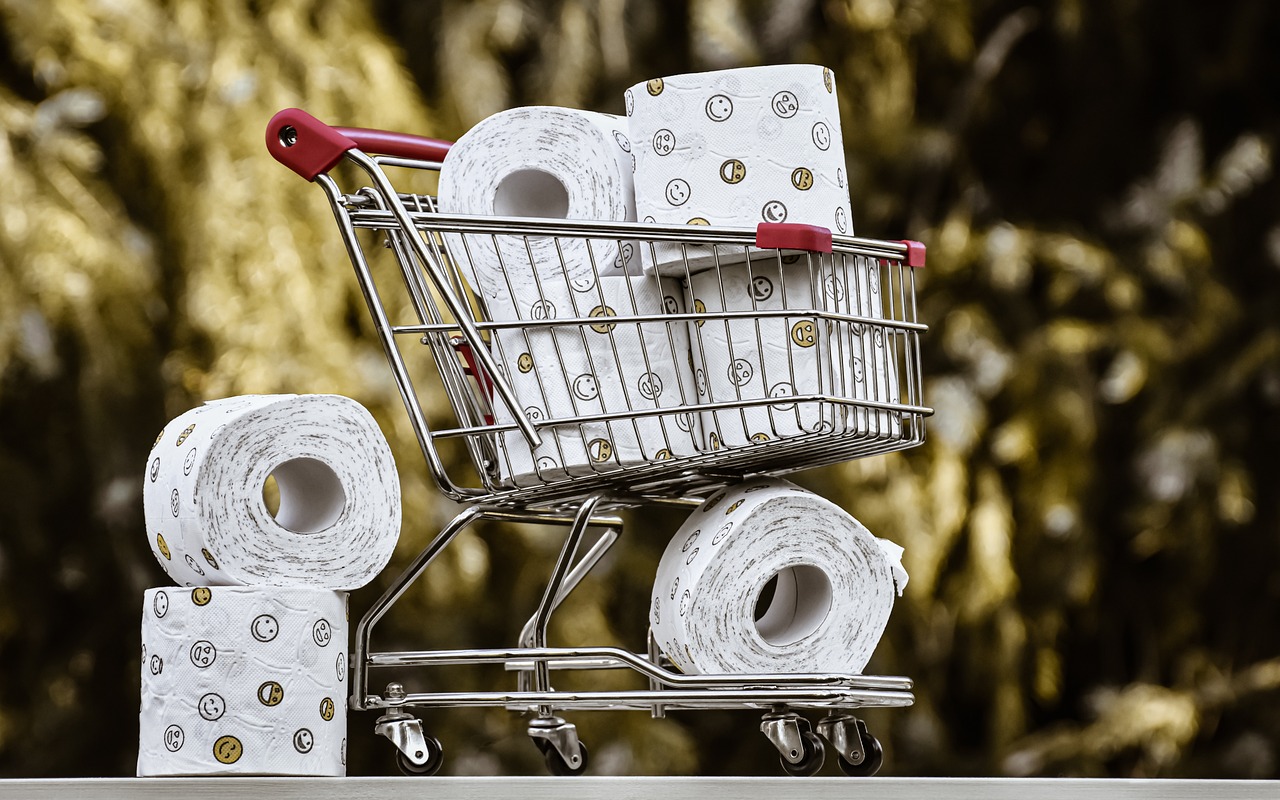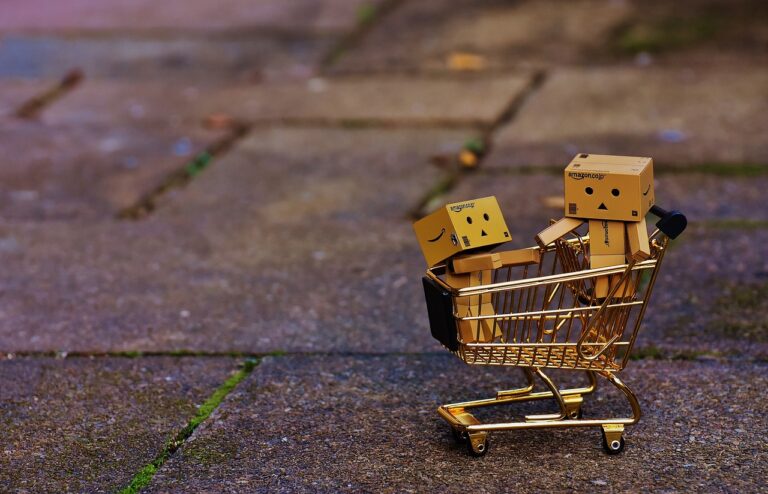The Role of Florists in Rural Development: Betbhai9 registration, Radheexch/admin, My 99 exch
betbhai9 registration, radheexch/admin, my 99 exch: Florists play a crucial role in rural development by promoting economic growth, providing employment opportunities, and fostering community engagement. In rural areas, florists serve as a vital link between local flower growers and consumers, creating a sustainable market for locally grown flowers. This not only supports local agriculture but also helps to preserve the unique character and charm of rural communities.
Economic Growth
Florists contribute to economic growth in rural areas by creating demand for locally grown flowers and supporting local businesses. By sourcing flowers from nearby farms, florists help to stimulate the local economy and create a market for small-scale flower growers. This, in turn, can attract tourists and visitors who are drawn to the beauty of rural landscapes and the fresh, seasonal blooms that florists have to offer.
Employment Opportunities
Florists provide valuable employment opportunities in rural areas, particularly for individuals with a passion for flowers and design. By setting up shop in small towns and villages, florists can create jobs for local residents and help to keep young people in the community. Additionally, many florists offer training programs and apprenticeships, providing valuable skills and experience to individuals looking to start a career in floral design.
Community Engagement
Florists play a key role in fostering community engagement in rural areas by participating in local events, festivals, and markets. By showcasing their floral creations at community gatherings, florists help to bring people together and create a sense of pride and belonging in the community. In addition, many florists offer workshops and classes to educate the public on the art of flower arranging, further promoting a sense of shared knowledge and creativity.
Environmental Sustainability
Florists can also promote environmental sustainability in rural areas by sourcing flowers locally and practicing sustainable growing and harvesting techniques. By supporting local flower growers who use eco-friendly farming practices, florists can help to reduce the carbon footprint of the floral industry and minimize the environmental impact of flower production. This not only benefits the environment but also helps to preserve the natural beauty of rural landscapes for future generations to enjoy.
In conclusion, florists play a vital role in rural development by promoting economic growth, providing employment opportunities, fostering community engagement, and promoting environmental sustainability. By supporting local flower growers and connecting consumers with the beauty of locally grown flowers, florists help to strengthen rural communities and preserve the unique character of rural areas.
FAQs
Q: Can florists in rural areas compete with larger flower shops in urban areas?
A: While competition from larger flower shops in urban areas can be challenging, florists in rural areas can differentiate themselves by offering unique, locally grown flowers and personalized service. By connecting with the community and highlighting the beauty of rural landscapes, florists in rural areas can attract customers who value authenticity and sustainability.
Q: How can I support local florists in rural areas?
A: You can support local florists in rural areas by purchasing flowers from them, attending local events and markets where they showcase their creations, and spreading the word about their services to friends and family. By supporting local florists, you can help to promote economic growth, create employment opportunities, and strengthen the sense of community in rural areas.







